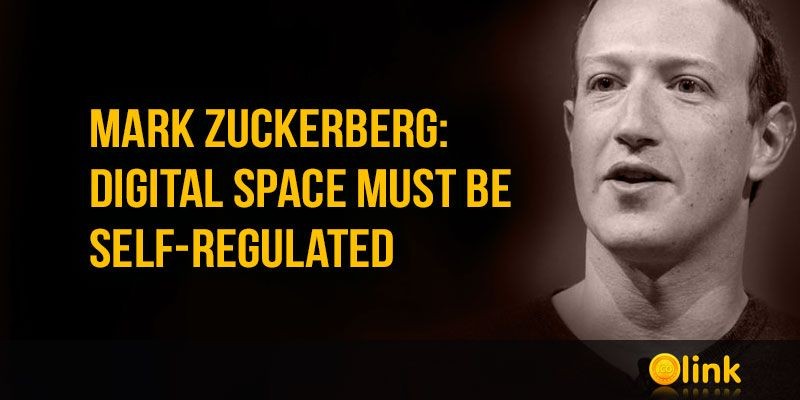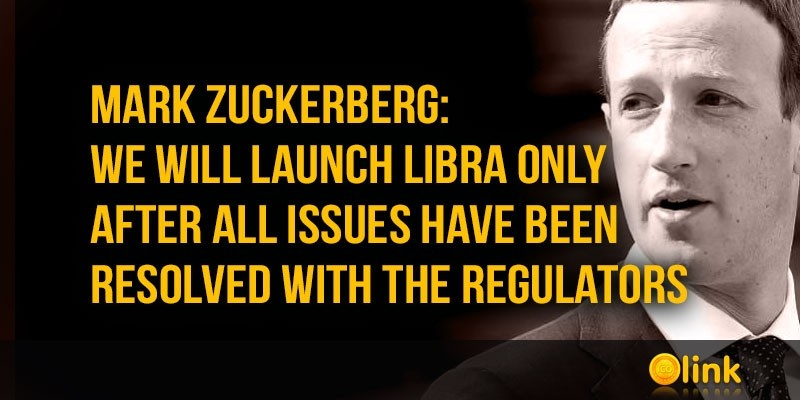Libra is a cryptocurrency project originally proposed by Facebook, now known as Meta Platforms, Inc. The project was announced in June 2019 with the goal of creating a global digital currency that could facilitate low-cost, cross-border payments and financial transactions. The Libra cryptocurrency was designed to be backed by a reserve of assets, including traditional currencies such as the US dollar, euro, and yen, as well as government securities. This was intended to provide stability and mitigate the volatility commonly associated with other cryptocurrencies like Bitcoin. One of the unique aspects of Libra was its governance structure, which was initially planned to be overseen by the Libra Association, a consortium of companies and organizations from various industries. However, due to regulatory concerns and pushback from regulators around the world, several prominent members, including PayPal, Visa, and Mastercard, withdrew from the association, leading to significant changes in the project's direction. In December 2020, Libra rebranded as Diem and announced plans to launch a stablecoin tied to the US dollar. The project aims to provide a digital payment infrastructure that is accessible to users around the world, particularly those in underserved regions with limited access to traditional banking services. Despite its ambitious goals, the Libra/Diem project has faced numerous regulatory challenges and setbacks, leading to delays in its launch and significant changes to its original vision. Nevertheless, the project continues to evolve, and its success could have far-reaching implications for the future of digital finance and payments.





